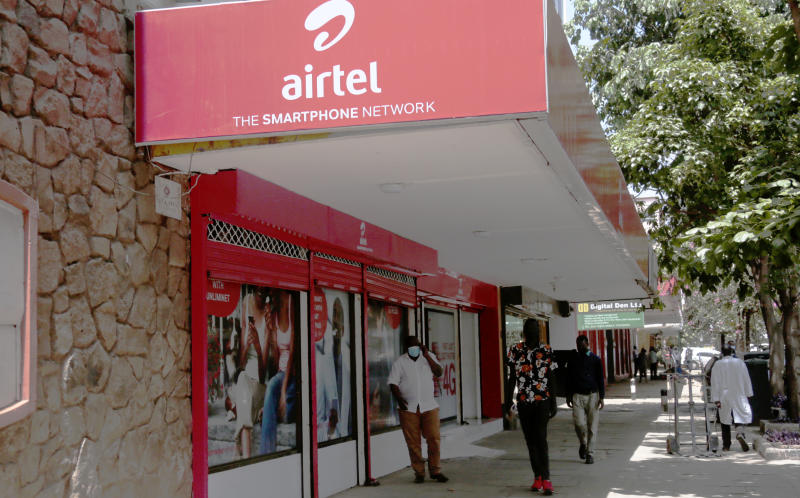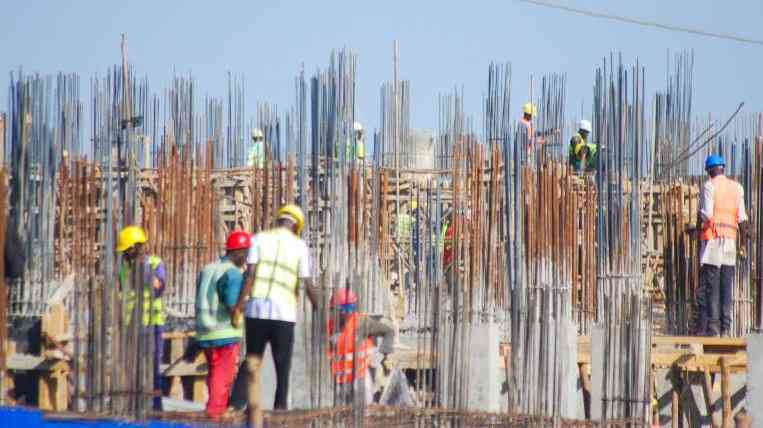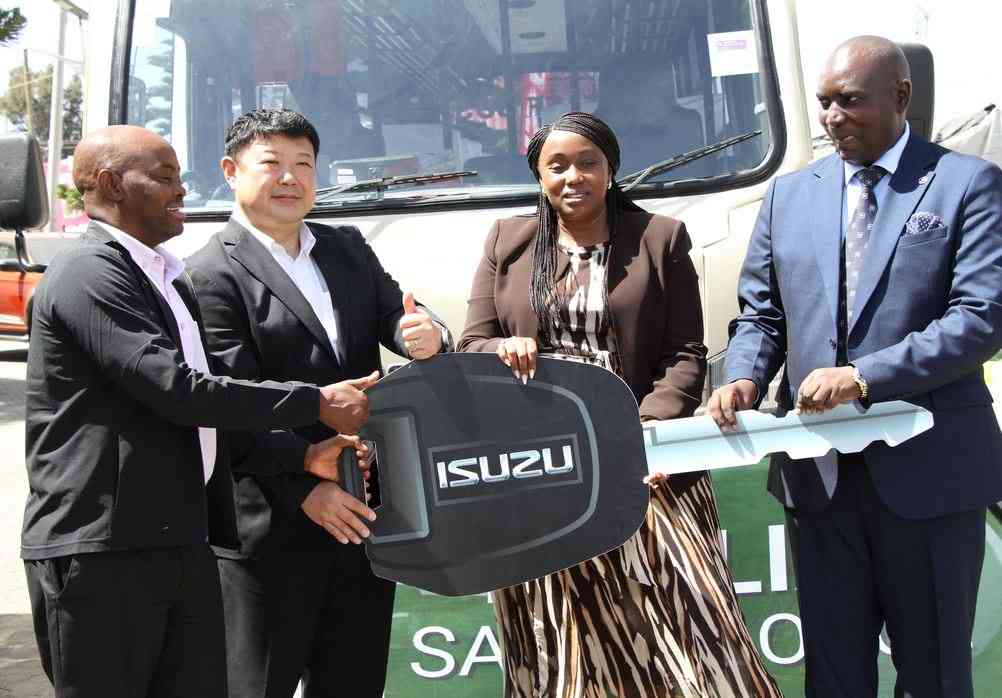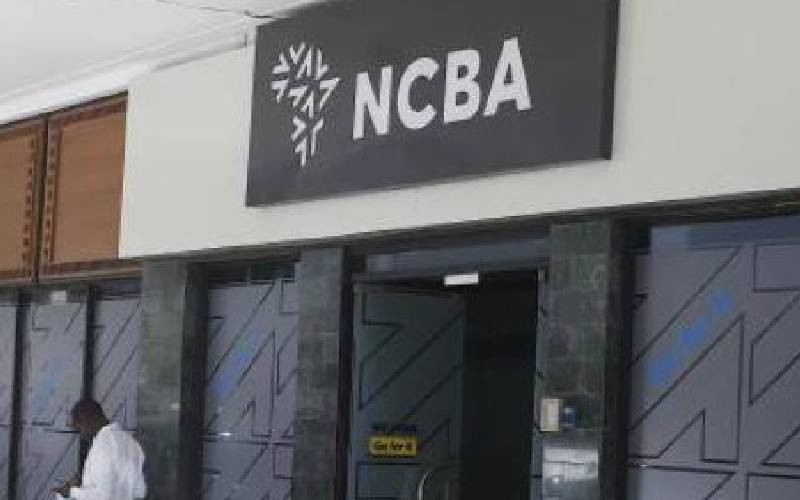×
The Standard e-Paper
Fearless, Trusted News

A day after Kenya’s leading telco Safaricom protested the regulator’s move to cut the mobile voice termination rates (MTR) and fixed termination rates (FTR), rival service provider Airtel Kenya has come out in support of the 88 per cent drop.
In a statement, Airtel Kenya said the revision by the Communications Authority of Kenya (CA) to reduce the MTR and FTR from Sh0.99 to Sh0.12 per minute is long overdue.







